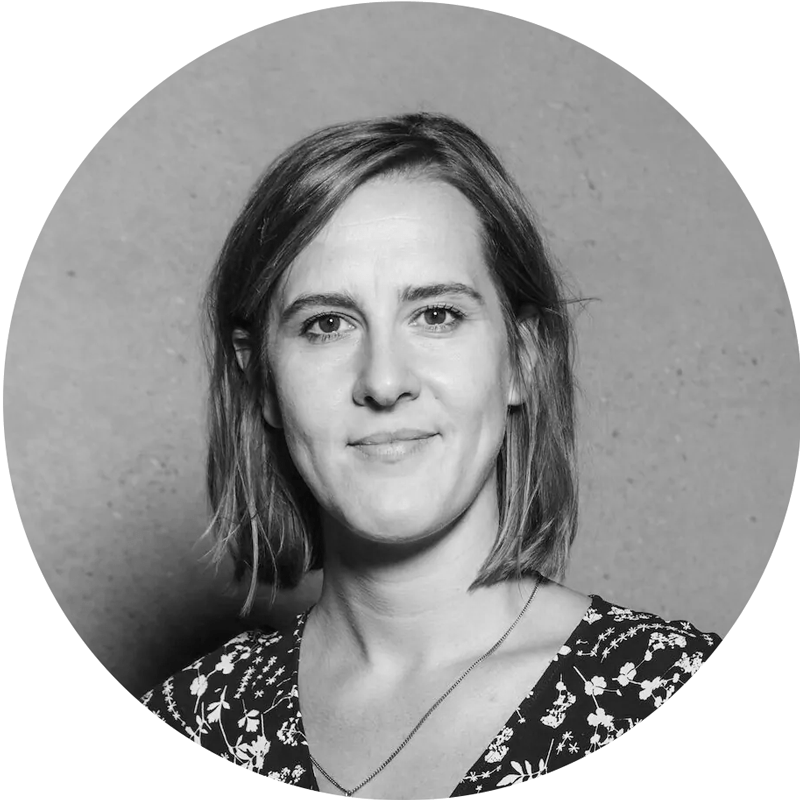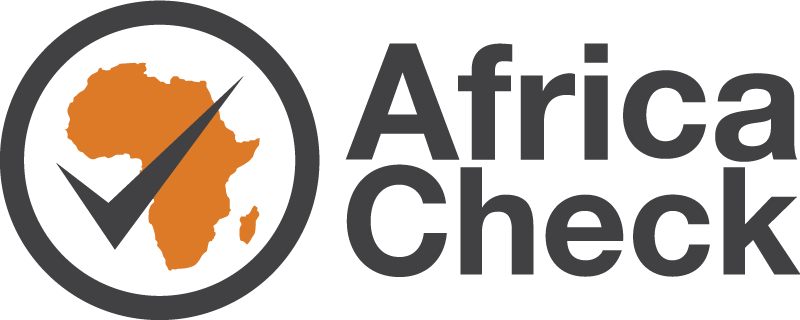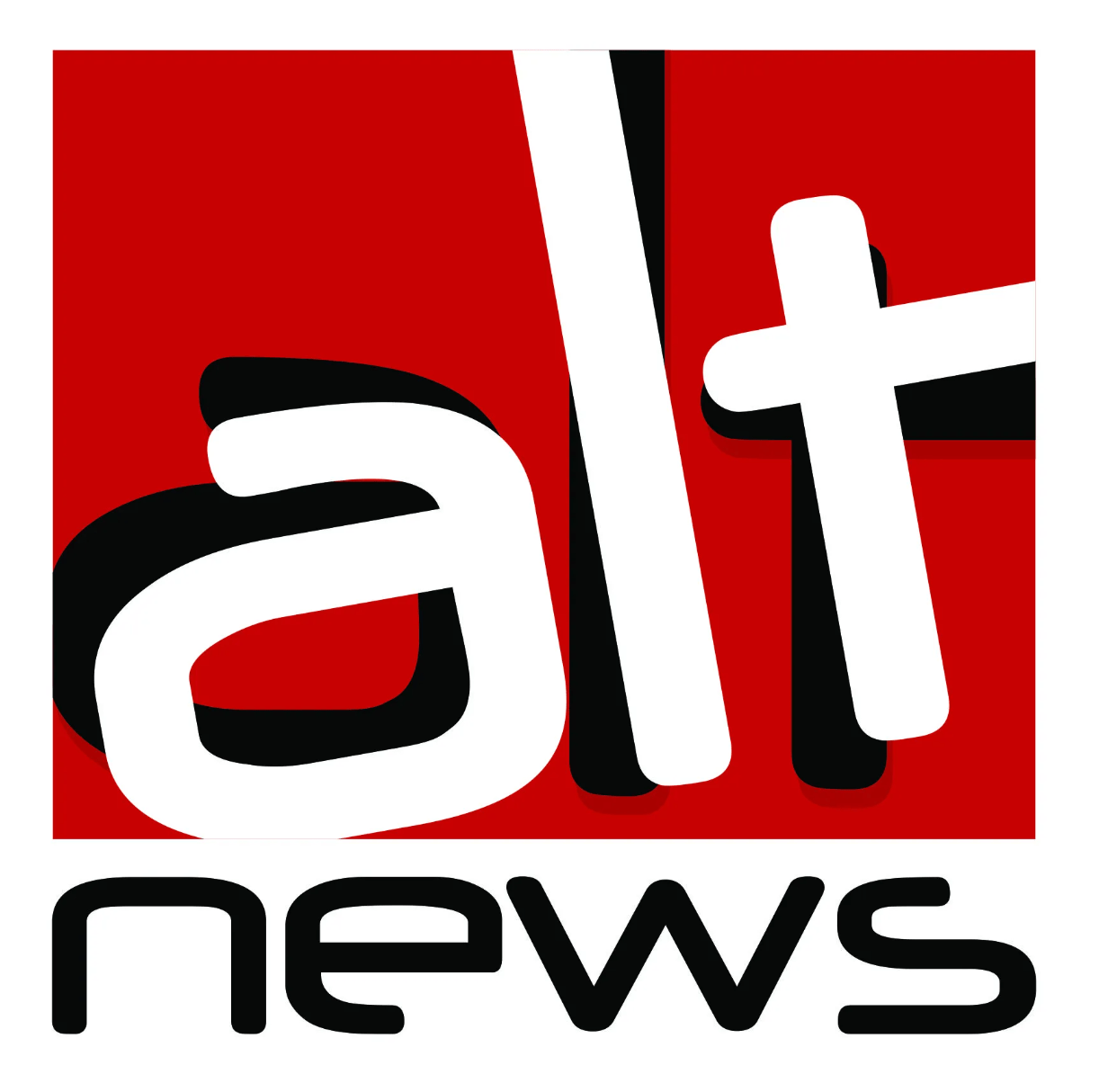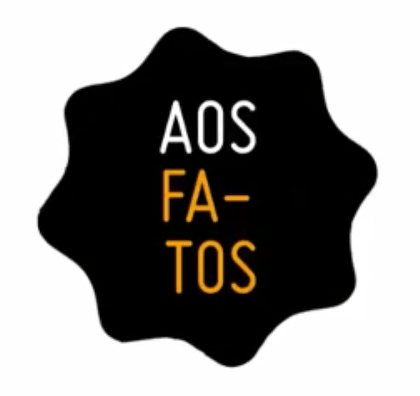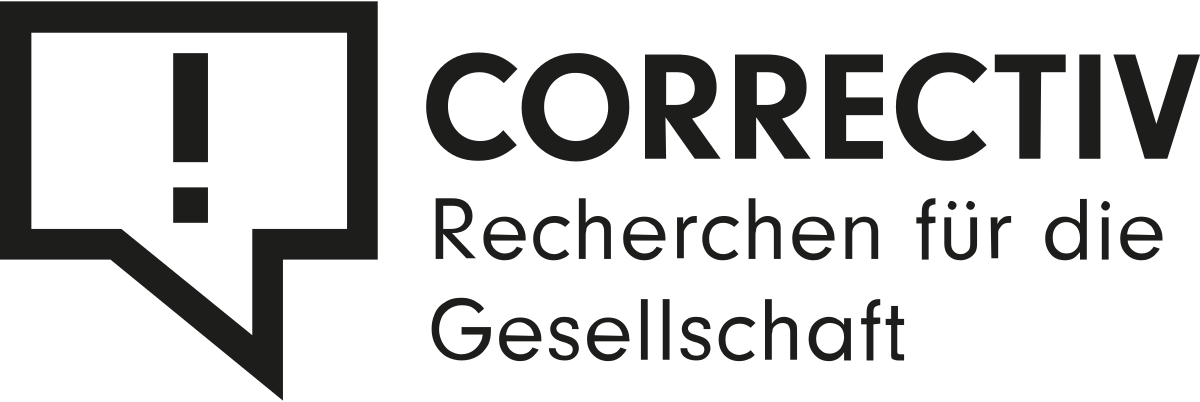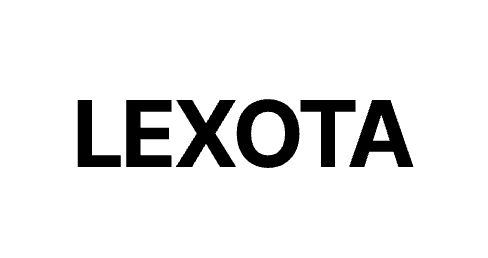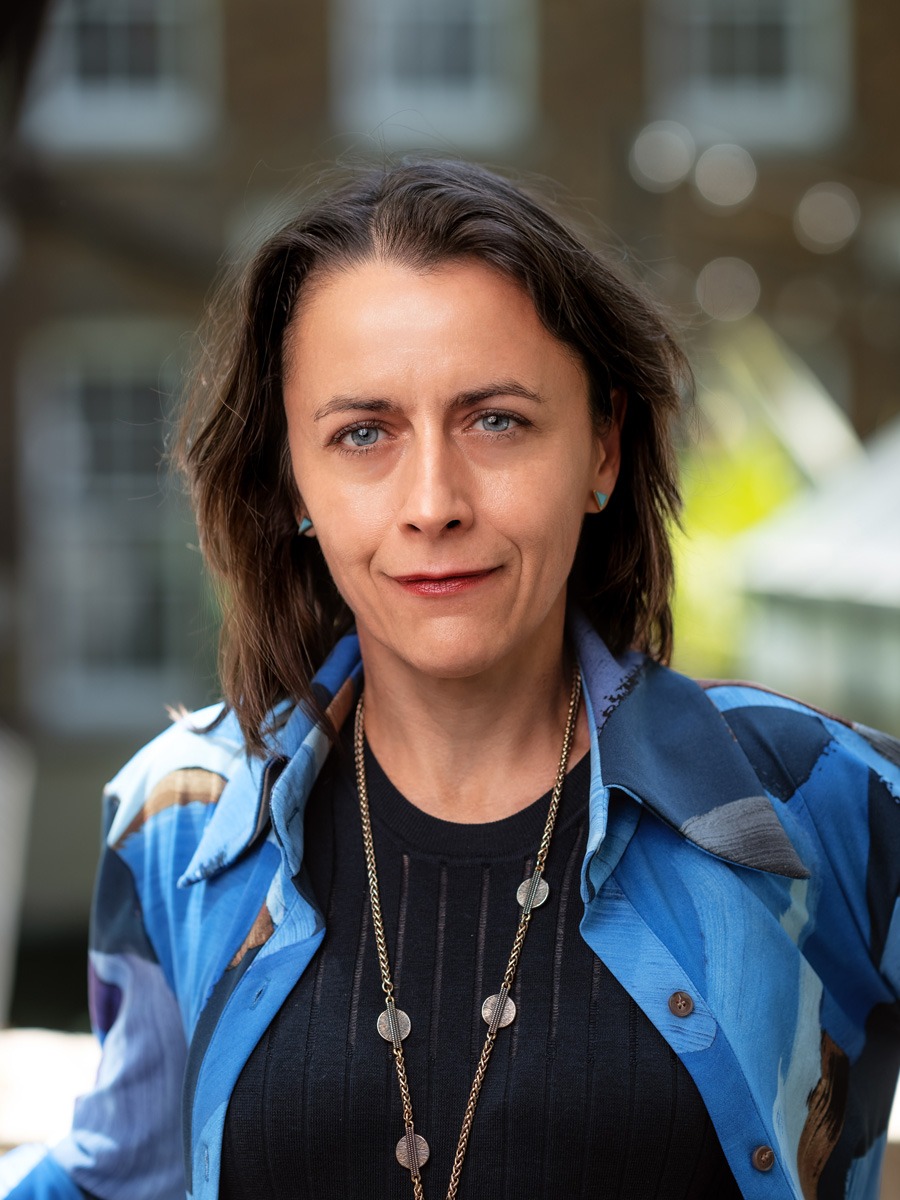

Global Disinformation Index: Cutting off the money supply to disinformation
Virginia Kirst
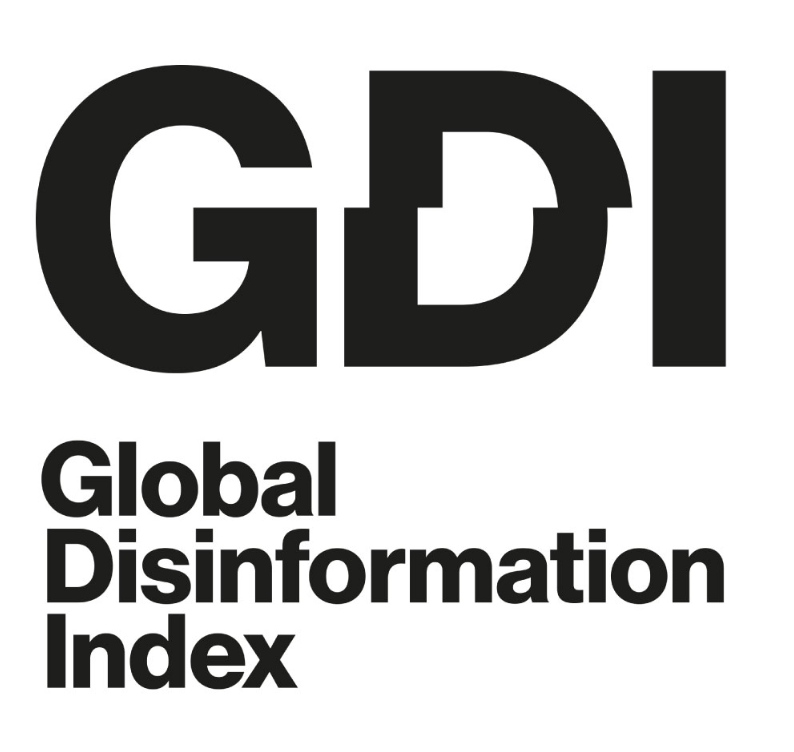
The Global Disinformation Index (GDI) publishes an exclusion index for websites that spread a significant amount of disinformation. Thanks to the index, advertisers can avoid having their brands appear in a negative context, while the GDI simultaneously dries up the business model of these websites.
In 2016, two people on different continents were astonished by the irrational decisions of their fellow citizens: Clare Melford watched in disbelief as a majority in the United Kingdom voted for Brexit – even though it was clear that it would weaken the economy. At the same time, Daniel Rogers in the USA was puzzled by the election of Donald Trump as president – even though it would make the country less safe.
“The information systems, particularly those on the internet, no longer accurately reflected reality.”
“People don’t usually vote for something that makes them poorer or less secure,” Melford explains her bewilderment at the time. Rogers and herself saw a reason for these election results in the disrupted information systems of their countries and how they were increasingly weaponised when it comes to political opinion formation. “The information systems, particularly those on the internet, no longer accurately reflected reality,” says Melford.
Since she was working as a manager in the media industry at the time, the cause was clear to her: Media companies make money from attention. The longer viewers engage with their content, the more they earn from placing advertisements. Therefore, they will always prioritise the most captivating news – typically angry and polarising content, as it holds viewers’ attention the longest.
Follow the money
“The distortion of the information system is a built-in flaw in the business model of technology companies,” says Melford. To fix it, she saw only one solution: Follow the money – address the source of the funds. And since most advertisers do not want to be connected to supporting an environment shaped by distorted or misleading news, Melford and Rogers built the Global Disinformation Index (GDI) – an independent index that checks websites for their risk of spreading disinformation.
“With the GDI, we help advertisers prevent their ads from appearing on websites whose content does not align with their company values and avoid narratives that can cause real harm,” says Melford. While she brought industry knowledge, Rogers established a solid technological foundation for the GDI.
“By charging for our data, we can ensure that we produce something that companies want.”
They began working on the GDI in 2018, and less than two years later, the first paying customers validated the relevance of their offering. To this day, the organisation sells its data and research findings, even though, as a non-profit, it could provide them for free. But: “By charging for our data, we can ensure that we produce something that companies want,” says Melford.
Today, the main product of the GDI is this exclusion index. It currently includes around 3,500 websites that the GDI believes no advertiser wants to appear on. The list is created by the GDI’s Large Language Model (LLM), which automatically checks websites for the hostility of their content – i.e., whether it is designed to incite negative emotions in readers.
Exclusion index, OSINT hub, and policy work
Notable websites are assessed by the GDI team. Thus, a human ultimately decides what is added on the index. The GDI estimates that the advertising revenues of highly disinformative websites have decreased by a total of about 200 million USD over the past three years. This success is not solely attributable to the GDI, says Melford. But it has contributed: “By raising awareness among advertisers when it comes to the issue.” This success shows that advertisers do not want to finance content that carries a high risk of disinformation, Melford believes.
In addition to the Disinformation Index, the GDI also runs the so-called OSINT Hub, a department that collects and analyses facts about emerging disinformation trends and extremism on the internet based on open-source sources. Particular attention is paid to the regional context of the narratives. The department identifies potential new entries for the exclusion index and new disinformation narratives for the Large Language Model. It also prepares reports on its findings, which it shares with partners and clients worldwide, such as governments, organisations, technology, and media companies.
The third pillar of the GDI is the “Policy and Advocacy” team, which strives to educate governments and policymakers worldwide about the driving forces behind disinformation trends. “Governments and policymakers around the world need to play a role in regulating and reforming the advertising industry and technology companies to counter disinformation and the harm it causes,” says Melford.
Currently, technology companies are only doing what they are designed to do: Make as much money as possible for their shareholders. A success of the GDI in this area is, according to Melford, having contributed to the focus of the European Commission’s Digital Services Act (DSA) and particularly the Code of Practice on the demonetisation of offerings that spread disinformation.
How the Global Disinformation Index Can Serve as a Model
The GDI’s work is effective because it is driven by the “Follow the money” approach. The widespread dissemination of disinformation on the internet is, in fact, because it can be relatively easy to make money from it, easier than with accurate information, as it os able to bind people’s attention through emotions more strongly. The GDI makes it easier for advertisers to bypass this flaw in the system by identifying websites that are particularly known for spreading disinformation. Exemplary is that the GDI is also active in the policy area, providing its data and research findings to governments, decision-makers, and legislators so they can combat disinformation as informed as possible.
